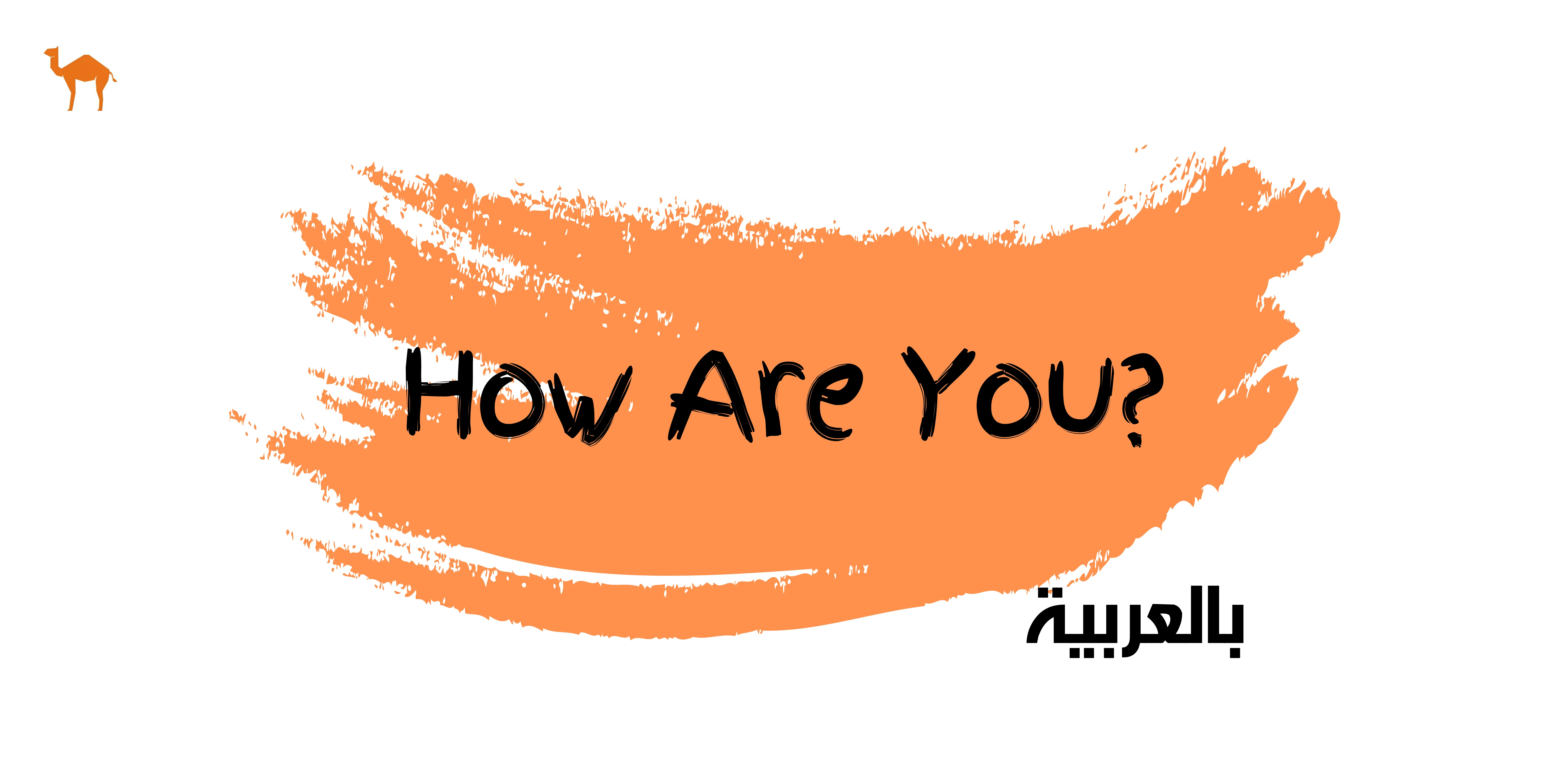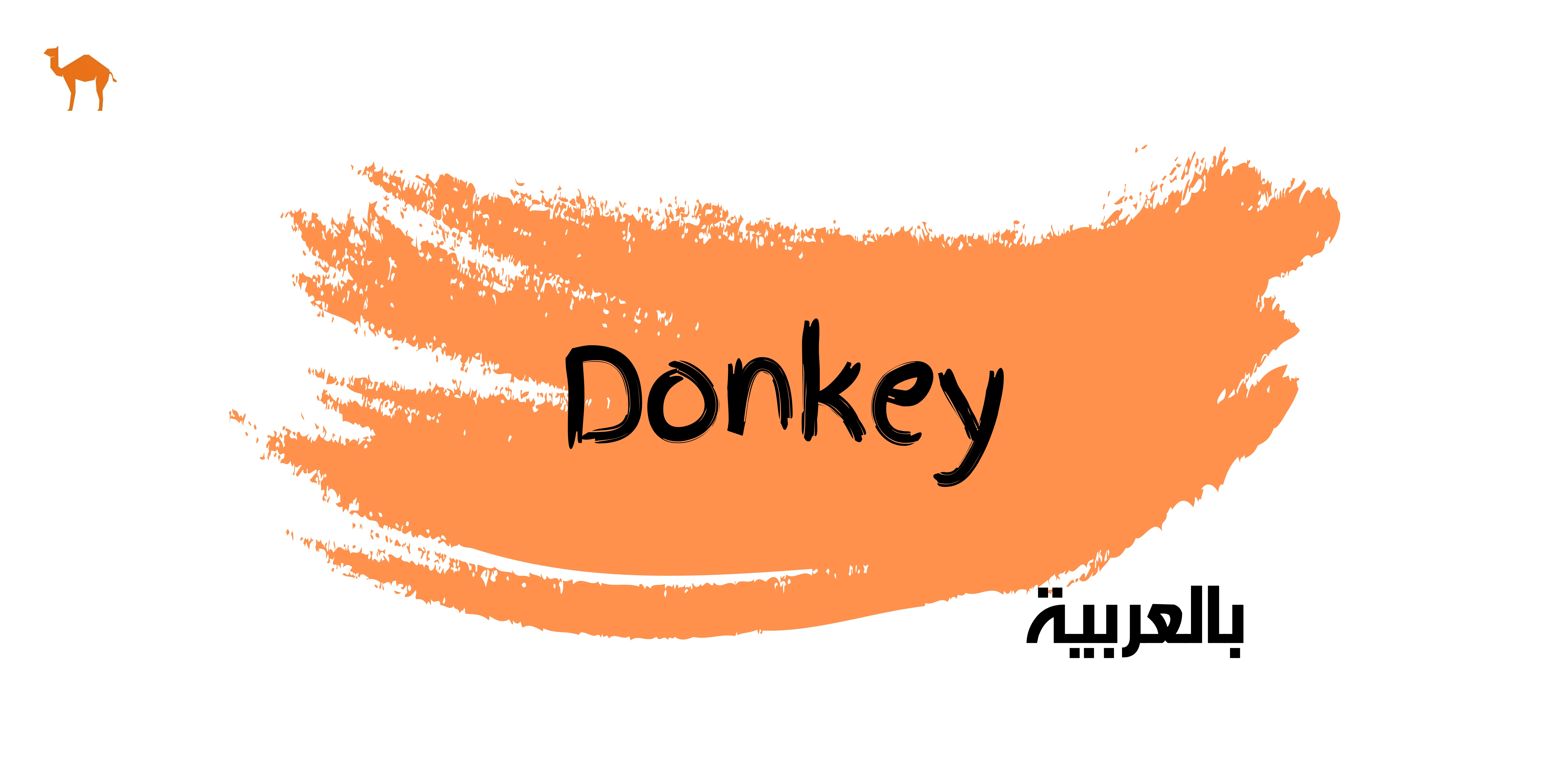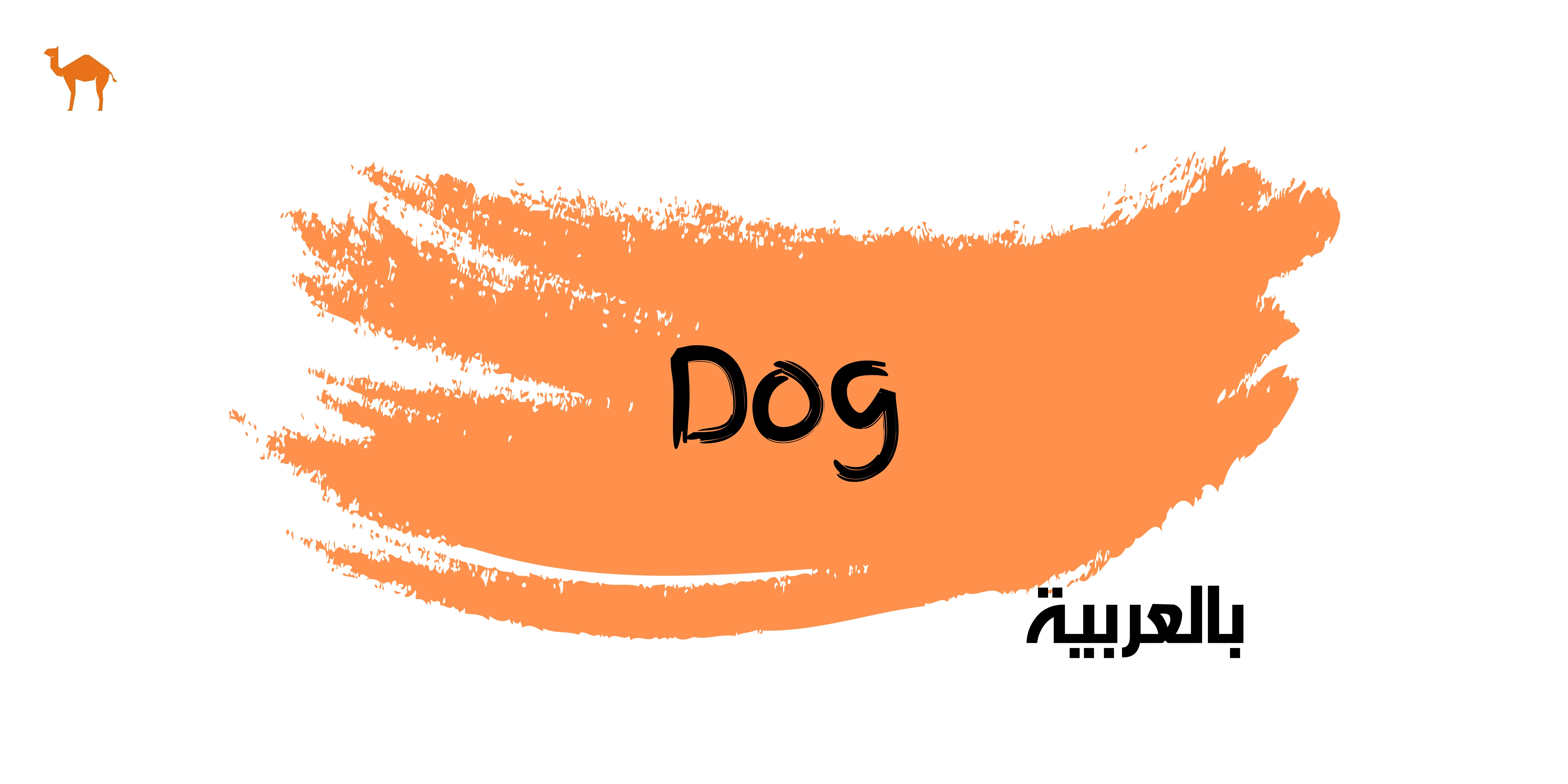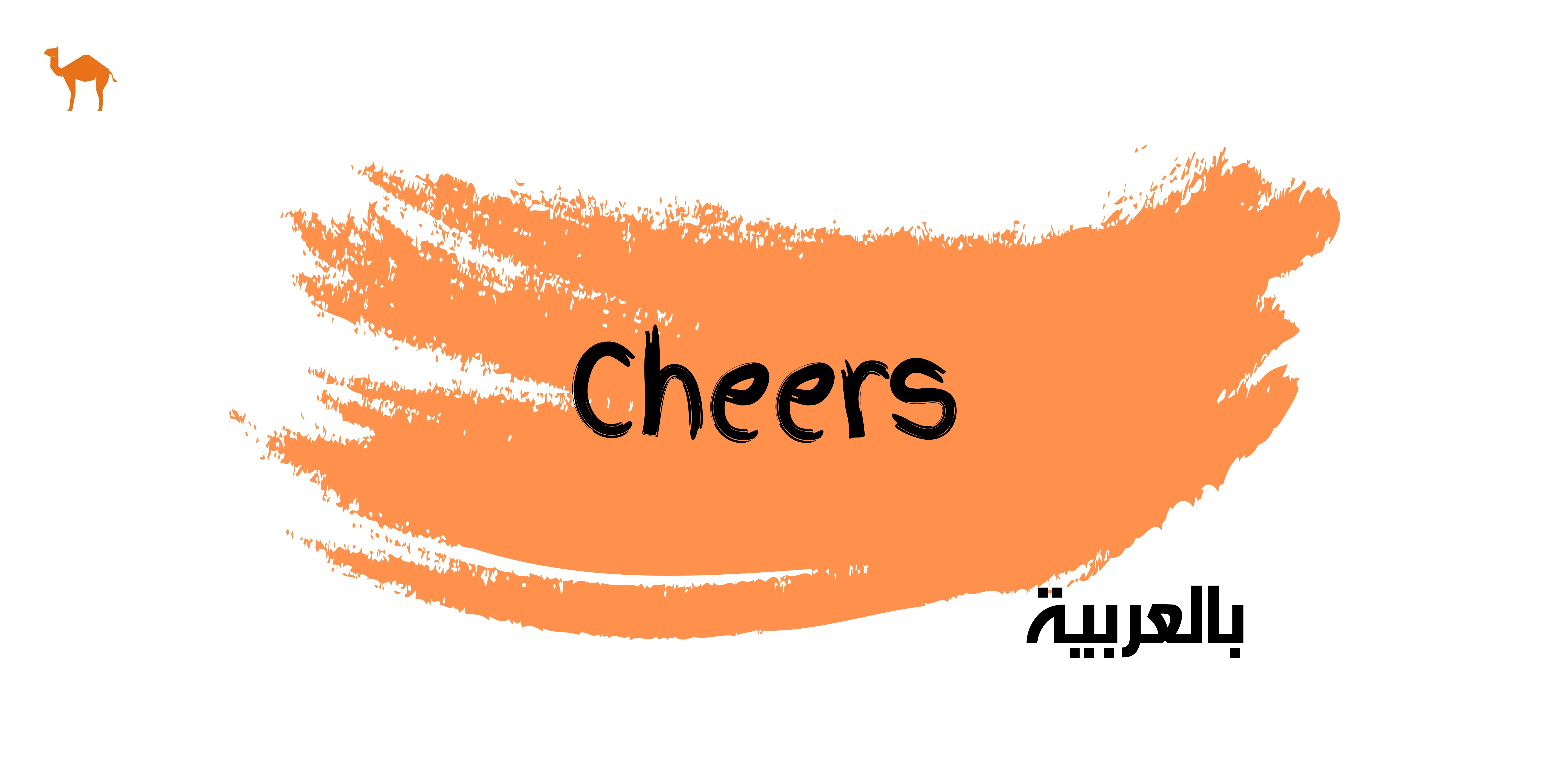How to Say "How Are You" in Arabic

Arabic language has different dialects - Egyptian, Maghrebi, Gulf, and Levantine. And "How are you?" is a simple and effective way to start a casual or formal conversation. In this post, you will learn how to say how are you in Arabic dialects and the best responses.
How to Say How Are You in Arabic
Each country in the MENA region has its colloquial dialect. "How are you" in Arabic can be said in different ways, let’s get started!
- Kayfa Haluka - كيف حالُكَ
"Kayfa haluka" is the literal translation of "How are you" in Modern Standard Arabic, and it is mostly used in formal writing. Here are the variations of "Kayfa Haluka" depending on whom you’re addressing:
- Kayfa Haluka – كيفَ حالُكَ (sing, masc.)
- Kayfa Haluki – كيفَ حالُكِ (sing, fem.)
- Kayfa Halukuma - كيفَ حالُكُما (dual fem, dual masc, or mixed)
- Kayfa Halukun - كيفَ حالُكُن (plur, fem.)
- Kayfa Halukum - كيفَ حالُكُم (plur, masc, or mixed) - Kayfa Al Hal - كيف الحال
This phrase expresses "How is everything?" This is a casual form of asking how a person’s life has been lately, in a more general sense. - كيف صحتُك - Kayfa Sehatuk"Kayfa sehatuk" is a direct inquiry about how a person is feeling and how is their health. The phrase is conjugated depending on the addressee as summarized below:
- Kayfa Sehatuka – كيفَ صِحَتُكَ (sing, masc.)
- Kayfa Sehatuki – كيفَ صِحَتُكِ (sing, fem.)
- Kayfa Sehatukuma - كيفَ صِحَتُكُما (dual fem, dual masc, or mixed)
- Kayfa Sehatukun - كيفَ صِحَتُكُن (plur, fem.)
- Kayfa Sehatukum - كيفَ صِحَتُكُم (plur, masc, or mixed) - Ma Akhbaruk - ما أخبارك
When asking "Ma akhbaruk?" You want to learn about positive changes in someone's life. The phrase is conjugated differently depending on who you are addressing, as follows:
- Ma Akhbaruka – ما أخبارُكَ (sing, masc.)
- Ma Akhbaruki – ما أخبارُكِ (sing, fem.)
- Ma Akhbarukuma - ما أخبارُكما (dual fem, dual masc, or mixed)
- Ma Akhbarukun - ما أخبارُكُن (plur, fem.)
- Ma Akhbarukum - ما أخبارُكُم (plur, masc, or mixed)
How to Say How Are You in Arabic Dialects
Egyptian
Egyptian Arabic is the most widely used dialect in music, media, and television shows.
- Ezzayak - إزيك
This phrase is translated literally as "How are you". You can use "ezzayak/إزيَك" for addressing men, and women with "ezzayeek/إزيِك", and for addressing a group of people you must say "ezzayukum/إزيكم".
- A'amel Eh - عامل إيه
It is a casual way to ask "How are you". It is translated to 'what’s up'. You can use "a'amel eh/عامل إيه" for addressing men, and women with "a'amla eh/عاملة إيه", and for addressing a group of people you must say "a'amleen eh/عامليين إيه". - Akhbarak eh - أخبارك إيه
It is translated as "What’s new with you" or "What's your news". The conjugation will differ depending on the gender of who you’re speaking with, address men with 'akhbarak eh' and women with 'akhbarek eh', and for addressing a group of people you must say "akhbarku eh".
Egyptians have a few ways of responding to "How are you". The most common responses you'll hear and could use are:
- Kwayes, Elhamdulillah - كويس الحمد لله
Means "I’m fine, thank God". Adding 'Mesh' before "Kwayes" it will be a negative sentence, which means "I am not fine" - Kollo tamam - كله تمام
Means "Everything is good".
Gulf (Khaliji)
This dialect is frequently used in the United Arab Emirates, Qatar, Bahrain, Kuwait, Oman, and Iraq.
- Kefak - كيفك
This phrase is translated literally as "How are you". You can use "kefak/كيفَك" for addressing men, and women with "kefek/كيفِك", and for addressing a group of people you must say "kefakum/كيفكُم". - Shlounk - شلونك
This phrase is used often in Iraq, Syria, Kuwait, and many Gulf countries. Address men with 'shlounak /شلونَك' and women with 'shlounek/شلونِك' and 'shlounkum/شلونكم' for a group of two or more people. - Shakhbarak - شخبارك
This phrase means "What is your news". The conjugation will differ depending on the gender of whom you’re speaking, address men with 'shakhbarak' and women with 'shakhbarek', and for addressing a group of people you must say "shakhbarkum".
Khaliji dialect has a few ways of responding to "How are you". The most common responses you'll hear and could use are:
- Bkhair - بخير
Means 'Fine'. Adding 'Mo' before "bkhair" it will be a negative sentence, which means "I am not fine". - Tayeb, Elhamdulillah - طيب الحمد لله
Means "I’m good, thank God".
Levantine
This dialect is primarily common in Syria, Jordan, Palestine, and Lebanon.
- Esh Akhbarak - إش أخبارك
This phrase means "What is your news". The conjugation will differ depending on the gender of who you’re speaking with, address men with 'esh akhbarak' and women with 'esh akhbarek', and for addressing a group of people you must say "esh akhbarkum". - Shlounk - شلونك
This phrase is used often in Syria too. Address men with 'shlounak /شلونَك' and women with 'shlounek/شلونِك' and 'shlounkum/شلونكم' for a group of two or more people.
The Levantine dialect has a few ways of responding to "How are you". The most common responses you'll hear and could use are:
- Mneeh - منيح
Means "I’m fine". Adding 'Mesh' before "Mneeh" it will be a negative sentence, which means "I am not fine" - Mashi El hal - ماشي الحال
Means "It's okay" or "Things are going well".
Darija (Maghrebi)
It refers to any of the varieties of colloquial Maghrebi Arabic in Morocco, Algeria, Tunisia, and Libya.
- Kidayer - كيداير
This is a word used in the Moroccan and Algerian dialects and means "How are you". Address men with 'Kidayer/كيداير' and women with 'Kidayra/كيداير' - Shno Hwelak - شنو حويلك
A common phrase in Tunisia that means "How are you". - Shen Eljaw - شن الجو
A common phrase used in Libya that means "How are you". It can be shortened and written as 'Shnjaw/شنجو'.
Darija (Maghrebi) dialect has a few ways of responding to "How are you". The most common responses you'll hear and could use are:
- La baas - لا باس
Means "It's okay" or "Things are going well". This response is commonly used in Morocco and Tunisia. - Bahi - باهي
This word is translated as "All good" and it is commonly used in Libya.
How to Respond to How Are You in Arabic
There are many personalized responses to reply to say "I'm fine" in Standard Arabic, as follows:
- Ana bkhair - أنا بخير
Means "I'm fine". - Ana Fe Ahsan Hal - أنا في أحسن حال
Means "Couldn't be better". - La Baa's - لا بأس
Means "It's fine". - Alhamdulillah, w anta? - الحمد لله وأنت؟
Means "Thank God, what about you?" - Shukran ala soa'alak - شكرًا على سؤالك
Means "Thanks for asking".
Explore the richness of the Arabic language and culture with eArabic.io's online courses tailored for learners worldwide, whether you're a beginner or an advanced student, our comprehensive curriculum and expert instruction provide an immersive learning experience accessible from anywhere. Dive into the program in Arabic, designed to deepen your understanding and proficiency in this vital language. Book a free Arabic lesson!


